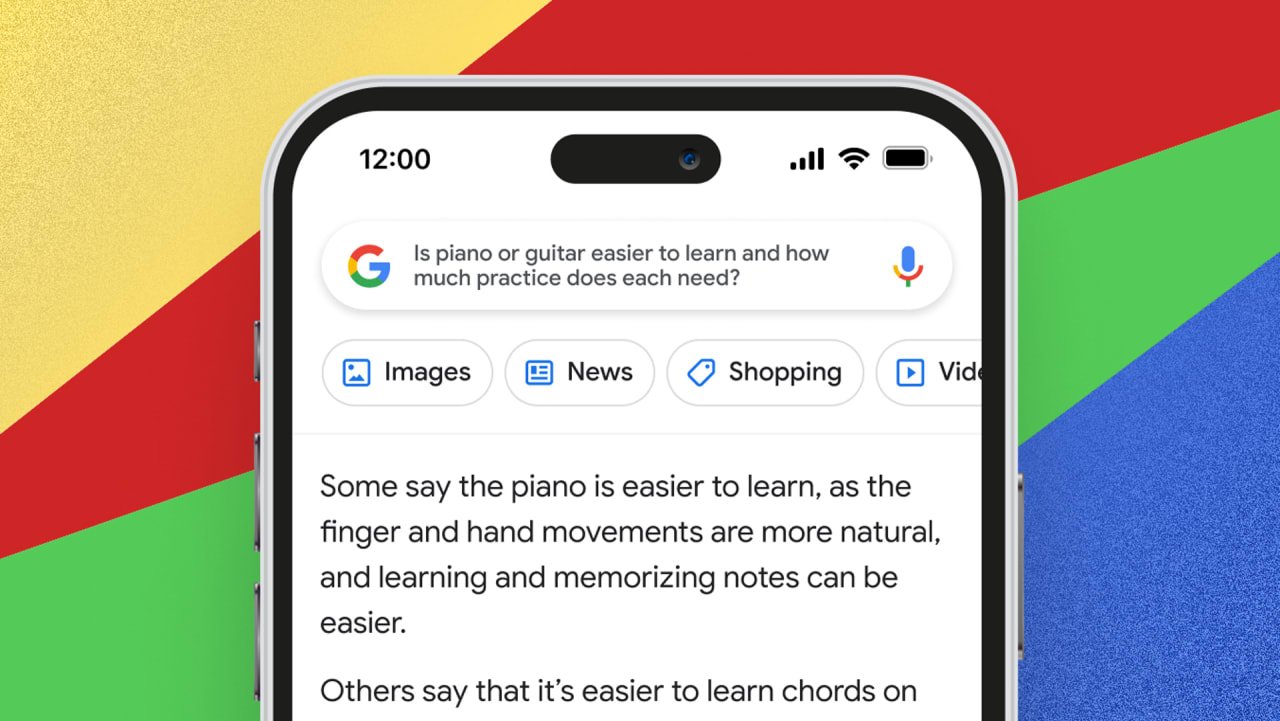“Google Unveils Bard Bot: A Revolutionary Chatbot to Take on ChatGPT”
Google says it’s moving fast to introduce new generative AI capabilities to counter the massive success of OpenAI’s ChatGPT. In a three-part announcement Monday, the company announced a new chatbot called Bard to compete with ChatGPT, a new conversation search feature that returns a package of multimedia search results, and a new generative AI API that developers and creatives can build their own can build apps.
New Bard AI chatbot
Google’s Sundar Pichai said in a blog post on Monday that its new ChatGPT-like Bard chatbot, built on top of Google’s powerful LaMDA (Language Model for Dialogue Applications) natural language processing model, will soon be available to a group of “trusted testers” outside the company is published. After fixing some security issues and other issues, Google says the tool will be released to the general public, but declined to give a timeframe for general availability.
[Animation: Google]
Pichai says Bard draws on information from the web to provide fresh, high-quality answers. “Bard can be an outlet for creativity and a launch pad for curiosity, helping you explain new discoveries from NASA’s James Webb Space Telescope to a 9-year-old, or learn more about and then get the best forwards in football right now Exercises to improve your skills,” Pichai writes.
Generative AI in search
In the second part of the announcement, Google says it is introducing generative AI to its search product for broad searches, where there is more than one right answer. So if the user asks the search engine, “Is the piano or the guitar easier to learn, and how much practice does each require?” It might return a package of multimedia content that answers a variety of questions inherent in the query (eg e.g. “What are the most popular ways to learn piano scales?”). There might be different subjective points of view on the question from people in the know.
[Image: Google]
“It’s a quick way to understand the big picture and learn more from the web: whether it’s seeking additional perspectives, like blogs from people who play both piano and guitar, or delving deeper into a related topic, like steps to to get started as a beginner,” explains Pichai. He says the new search features will be “rolled out soon on Google Search.”
AI for developers, creative people
Finally, Google says it will soon introduce new tools to allow developers and creators to build their own applications using AI, AI cloud services, and AI-powered advertising campaigns.
Specifically, Pichai writes that Google will begin granting individual developers, creators, and businesses access to its Generative Language API (originally powered by LaMDA) next month. The end users can use this API to create their own natural language applications. Google says it will work with Cohere, C3.ai and Anthropic through Google Cloud partnerships to support expanding the API to more partners. “Over time we intend to build a number of tools and APIs. . . ‘ says Pichai.
An AI arms race
Today’s announcements are part of a broader movement within Google to bring AI to more of its products and services. The announcements could also be part of a PR effort by Google to recapture some of the massive mainstream attention its rival OpenAI has been getting for ChatGPT.
After all, Google, which declared itself an “AI-first” company in 2017, has been using AI since the 2000s. OpenAI can be credited with scaling up Natural Language Processing (NLP) models and feeding them with massively larger amounts of training data, but it was Google who invented the BERT model (Bidirectional Encoder Representations of Transformers) in 2018, powering all current NLP -Chatbots made possible.
And as Pichai points out, the company’s current work in generative AI is just getting started.
“We continue to invest in AI across the board, and Google AI and DeepMind are integral to a bright AI-first future. . . ‘ Pichai said during an earnings call with analysts last week. “We are just at the beginning of our AI journey and the best is yet to come.”
Source: www.fastcompany.com
Don’t miss interesting posts on Famousbio









